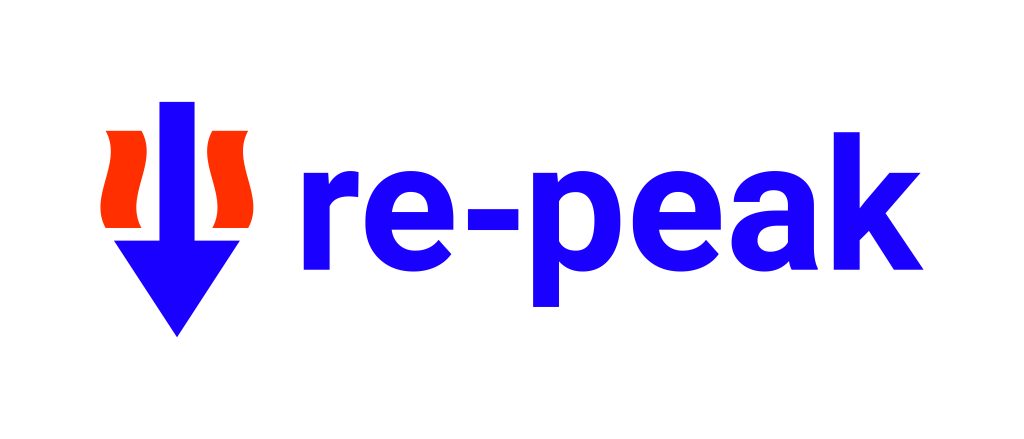District heating networks are still relying too much on fossil fuels, although the acceleration of renewables is increasing. Today, many district heating networks already use climate-neutral alternatives like geothermal and solar thermal energy, biomass, heat pumps, waste heat and waste incineration for heat generation. These often fixed-cost-intensive systems usually require a certain number of full load hours to be economic and are used to cover the base load. In most district heating networks, the challenge for full “decarbonization” is the supply of peak heat load. Peak heat load plants are only used for a few hours a year and require to have low investment costs. Due to their limited duration of operation, they may have higher operating costs. The demand for high performance can most easily be covered by combustion technologies. That explains why today, natural gas or heating oil are the dominant energy sources for providing peak heat load. The aim of RE-PEAK is to amplify the challenge associated with the decarbonization of peak heat loads, derive empirical results about the district heating operators’ perception of climate-neutral options, elaborate a technically sound decision support tool for district heating operators.




